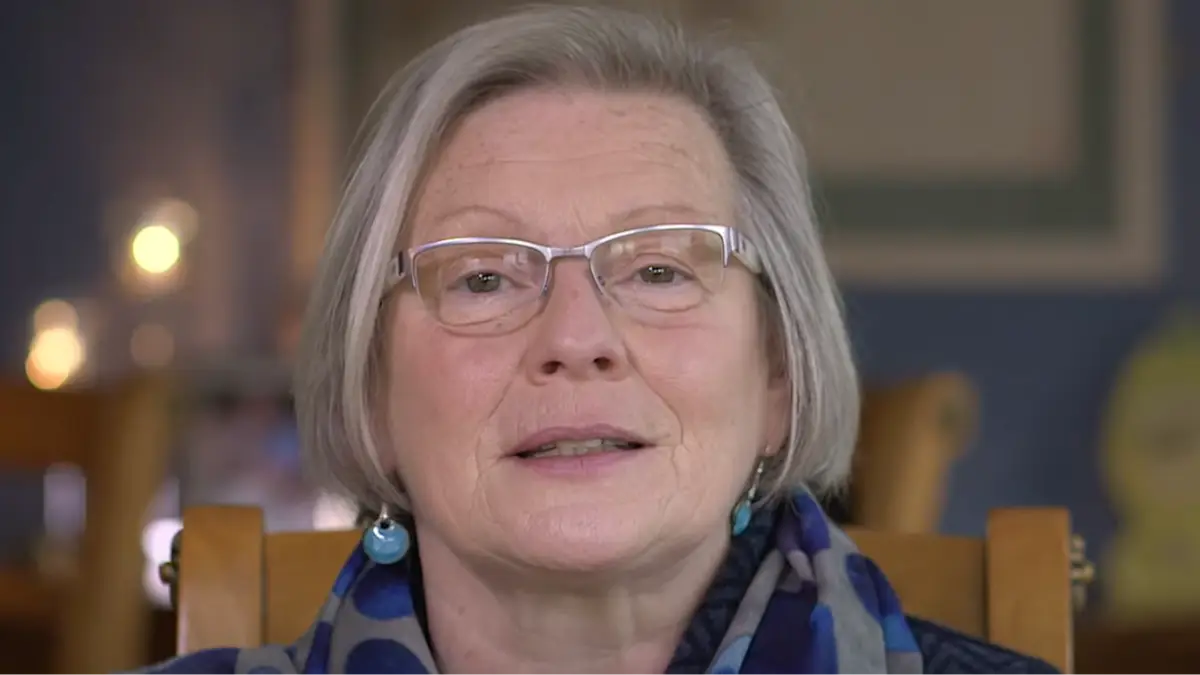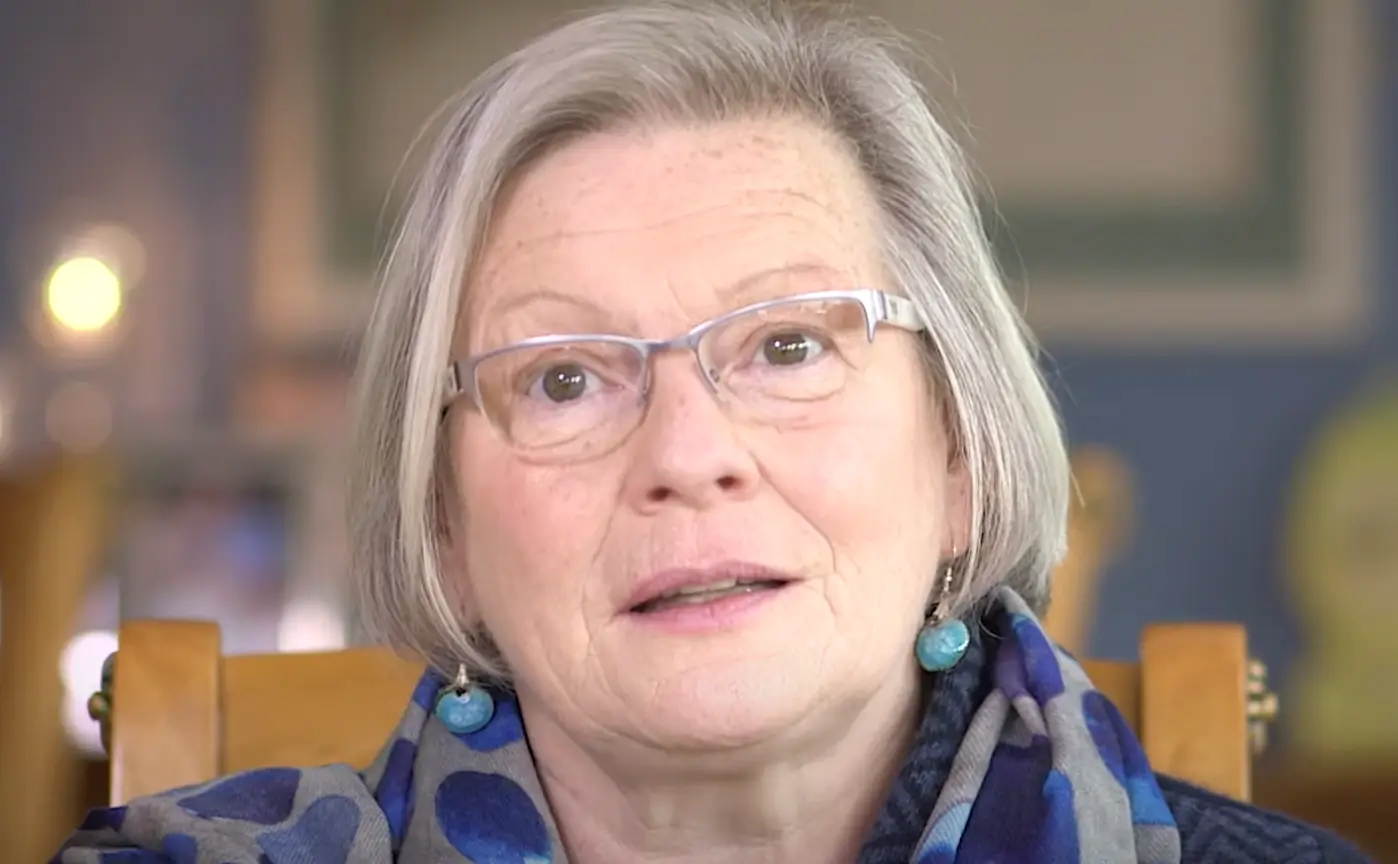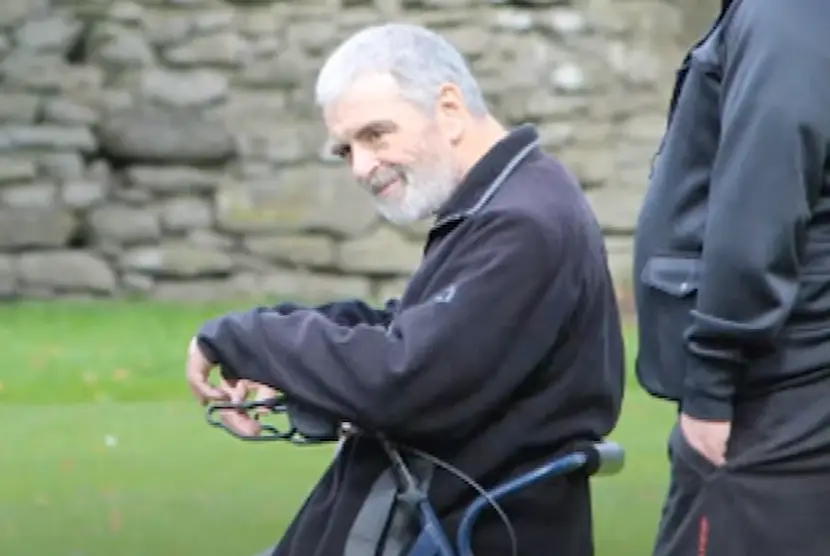
A woman with a rare 'superpower' that made her able to 'smell' her husband's disease 12 years before it developed is helping scientists create new ways to diagnose the condition.
Parkinson's is a disease in which parts of the brain become damaged over a number of years and causes symptoms which include involuntary shaking of particular parts of the body; slow movement and stiff and inflexible muscles.
There currently isn't a test for Parkinson's, with a diagnosis relying on assessment, symptoms, family history and a neurological examination.

Advert
Joy Milne, from Scotland, had been with her husband, Les, since she was 16 years old.
But in 1982, shortly before his 32nd birthday, she noticed that her husband's scent was changing.
Science has already worked out why a person's smell changes as they age, which all comes down to substance called 2-nonenal that's found in the human body increasing as we get older.
Recalling the time, she told The Guardian: "In 1982, before Les’s 32nd birthday, I noticed a musky, dank odour on him – he knew about my heightened sense of smell. I thought it might be the unprocessed air of the operating theatres he worked in and told him to shower more. That caused arguments."

After Les' diagnosis, the pair attended a Parkinson's support group when Joy was hit with an overwhelmingly familiar smell.
Joy has since gone on to do all she can to help scientists work out a way to use her sense of smell as a means of early Parkinson's disease detection.
"Les and I should have been enjoying retirement, but Parkinson’s had stolen our lives," said Joy.
"We became determined that others wouldn’t suffer the same way. When Les died in June 2015, he made me promise I’d carry on. I spent time in labs, smelling sufferers’ T-shirts and swabs for sebum – the skin oil we all produce, which changes with the onset of Parkinson’s."

Now, Joy has inspired scientists to develop a swab to help detect Parkinson's prior to diagnosis.
A team of researchers at the University of Manchester, in the UK, have developed the skin swab, which they say is 95 percent accurate under lab conditions.
To develop the test, they analysed a substance on the skin called sebum, comparing people with Parkinson's disease and those without.
They found thousands of unique compounds, 500 of which were different when comparing both groups.
Professor Perdita Barran, who led the research, said: "At the moment we have developed it in a research lab and we are now working with colleagues in hospital analytical labs to transfer our test to them so that it can work within an NHS environment.
"We are hoping within two years to be able to start to test people in the Manchester area."
Joy has spoken about what an earlier diagnosis would have meant for her family, explaining: "We would have spent more time with family.
"We would have travelled more. If we had known earlier it might have explained the mood swings and depression."
